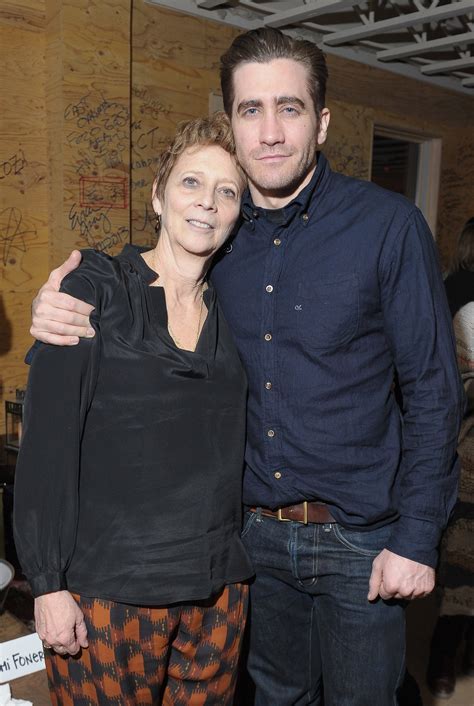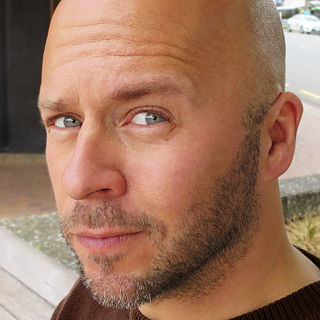A Quote by Michel Faber
Total oblivion is the fate of almost everything in this world. I'm very likely to suffer that same fate; my work will probably not be remembered, and if any of it is, if any of those novels is fated to be one of those novels that is still being read 50 or 100 years after it was written, I've probably already written it.
Related Quotes
I write about the period 1933-42, and I read books written during those years: books by foreign correspondents of the time, histories of the time written contemporaneously or just afterwards, autobiographies and biographies of people who were there, present-day histories of the period, and novels written during those times.
Dialogue that is written in dialect is very tiring to read. If you can do it brilliantly, fine. If other writers read your work and rave about your use of dialect, go for it. But be positive that you do it well, because otherwise it is a lot of work to read short stories or novels that are written in dialect. It makes our necks feel funny.
It's very hard to be a screenwriter. I remember getting a couple of awards. I got a PEN West award a million years ago when I did Running on Empty, and I sat in the room with all these writers. They wrote everything from novels to non-fiction to children's books to journalism - any kind of writing - and I realized that there was no one in the room who would ever read anything I'd written.
If you are blessed with great fortunes. . . you may love your fate. But your fate never guarantees the security of those great fortunes. As soon as you realize your helplessness at the mercy of your fate, you are again in despair. Thus the hatred of fate can be generated not only by misfortunes, but also by great fortunes. Your hatred of fate is at the same time your hatred of your self. You hate your self for being so helpless under the crushing power of fate.
Nabokov can be almost too delicate at times, but in 'Lolita,' he puts his aristocratic sensitivity to use in such a dark tale that it creates this great tension between the story being told and the style that it's written in. And it's just amazing that one of the best novels in English was written by a Russian.
For years, I'd say yes to almost everything, trying to be nice and generous. Feeling obliged to be of service to the world. Maybe also a fear of being forgotten if I don't. But I paid the ultimate price in doing that, because for all those years, I got almost no work done! Some famous authors have written about this: that if they said yes to every request, then they'd never have time to write another book again.






































